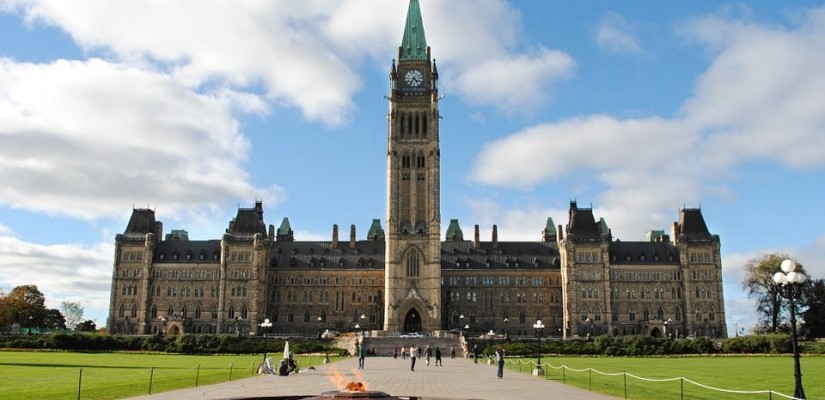Prime Minister Justin Trudeau’s Liberal Party has retained power in the Canadian federal elections; however, he failed to maintain the majority that he won in 2015. Heading into the vote on October 21, 2019, the polls projected a tight race between Trudeau and his Conservative Party challenger and opposition leader, Andrew Scheer. The Liberal Party ultimately won 157 seats, to the Conservative Party’s 121, but fell short of the 170 seats required for a majority in the House of Commons.
The weakened power of a minority government means that Trudeau will need to use political concessions to win the support of other parties and pass legislation. The most apparent outcome is an alignment with Jagmeet Singh’s New Democratic Party (NDP) and his caucus of 24 seats. This likely signals a further swing to the left and a larger focus on key NDP issues. The NDP campaigned for stricter policies to fight climate change and for greater wealth redistribution through increased taxes on corporations and wealthy individuals. The Liberal Party could also find support within the resurgent Quebec nationalist party, the Bloc Québécois (BQ). The BQ, previously known for its impassioned calls for separatism, has recently put the focus on other issues besides sovereignty under the leadership of Yves-François Blanchet. The support of their 32 seats, however, will rely on alignment of policies that favour the province of Quebec. This leaves Trudeau with the option to govern on a vote-by-vote basis instead of forming a coalition government.
This election, seen as a referendum on Trudeau’s first four years, saw the loss of 20 seats for the Liberal Party. During the campaign, Trudeau was heavily criticized for an ethical violation of federal conflict of interest rules in the SNC-Lavalin trial. He also faced a scandal in which several old pictures surfaced of him wearing brownface and blackface. Additionally, the Liberal Party was attacked on both sides for its environmental record; on one side, by the NDP and Green Party for their support of the Trans Mountain Pipeline Expansion Project, and on the other, by the Conservative Party for the passage of Bill C-69, the Impact Assessment Act. This election also saw two of Trudeau’s key cabinet members losing their seats, namely, public safety minister, Ralph Goodale and natural resources minister, Amarjeet Sohi.

The result of the federal election casts uncertainty and Trudeau’s minority government will face several challenges moving forward. Historically, federal minority governments in Canada usually last less than two years. Nonetheless, it is unlikely that both the NDP and the BQ will align with the Conservative Party to force a vote of no confidence. Due to Canada’s controversial first-past-the-post voting system, Trudeau’s Liberal Party actually lost the popular vote to the Conservative Party with the parties winning 33% and 34%, respectively. Failure by Trudeau to follow through with his original campaign promise for electoral reform will continue to be a point of contention. The Conservative Party also swept all 44 seats in the prairie provinces of Alberta and Saskatchewan, save for the one riding of Edmonton Strathcona. The region, heavily dependent on oil revenues, has felt increasingly marginalised by Ottawa. The re-election of the Liberal Party will see a continuation of the carbon tax system and Bill C-69, both of which the Conservative Party fought hard against. With the Liberal Party likely pushed even further to the left on environmental issues, this divide will become even more apparent.
Trudeau’s first term was highlighted by appointment of a gender-balanced and racially-diverse cabinet, the legalisation of marijuana, and the introduction of a carbon tax. In his victory speech, Trudeau claimed: “From coast to coast to coast, tonight Canadians rejected division and negativity. They rejected cuts and austerity. They voted in favour of a progressive agenda and strong action on climate change.” Moving forward into his second term, he pledged: “We will make life more affordable, we will continue to fight climate change, we will get guns off our streets, and we will keep investing in Canadians.”
